How Smart Storage Solutions Save Time and Money
Smart storage solutions are revolutionizing the way businesses manage inventory, offering significant time and cost savings through automation, improved organization, and real-time data access. By integrating advanced technologies, companies can optimize their storage operations and boost overall efficiency.
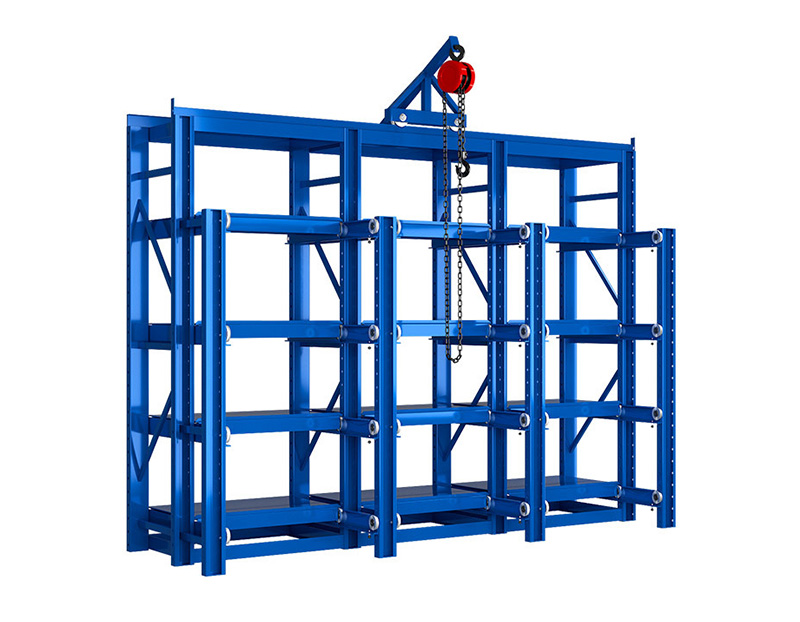
One of the primary ways smart storage saves time is through automation. Automated storage and retrieval systems (AS/RS) reduce manual handling by using robotic arms and conveyors to pick and place items swiftly and accurately. This speeds up order fulfillment, reduces labor costs, and minimizes human error.
Real-time inventory tracking enabled by RFID tags and IoT sensors provides immediate visibility into stock levels and locations. This transparency allows warehouse managers to make quicker decisions, avoid stockouts, and reduce excess inventory, ultimately lowering carrying costs.
Smart shelving with built-in weight sensors alerts managers when stock reaches reorder points, streamlining inventory management and preventing costly overstocking or shortages. This proactive approach reduces waste and improves cash flow.
Additionally, the integration of warehouse management software (WMS) centralizes data, automates reporting, and optimizes storage layouts. It helps identify underutilized space, enabling better organization and increased storage capacity without costly expansions.
Energy-efficient smart storage systems also contribute to cost savings by optimizing lighting, climate control, and machinery operation, reducing utility bills and environmental impact.
Overall, investing in smart storage solutions provides businesses with faster operations, better resource utilization, and lower costs, making them a strategic choice for companies aiming to improve their bottom line while enhancing customer satisfaction.
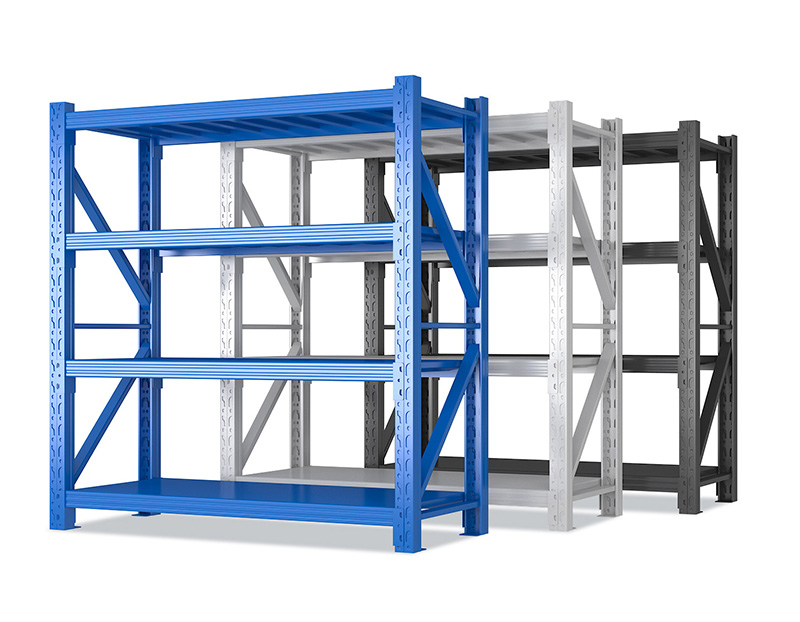 Estanterías ligeras: las mejores ventajas para espacios de a
Estanterías ligeras: las mejores ventajas para espacios de a
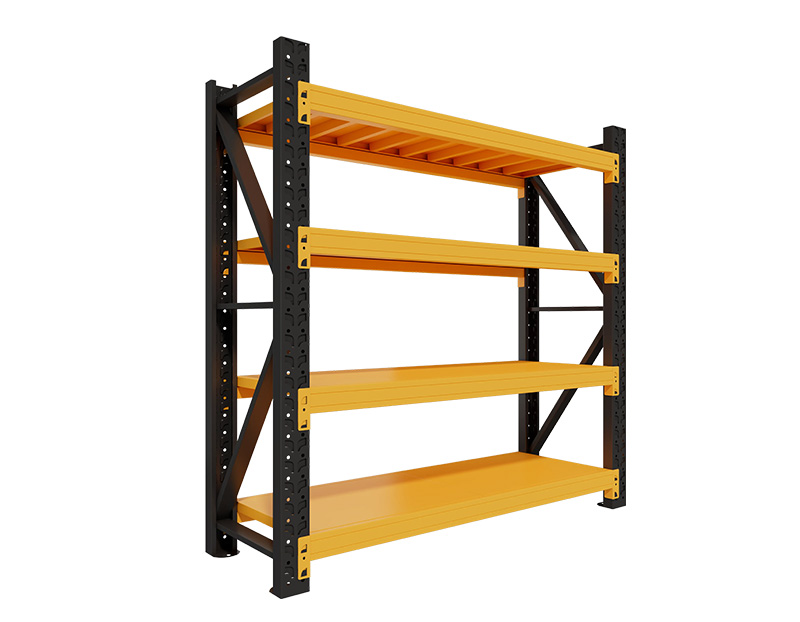 Estanterías medianas: perfecto equilibrio de resistencia y f
Estanterías medianas: perfecto equilibrio de resistencia y f
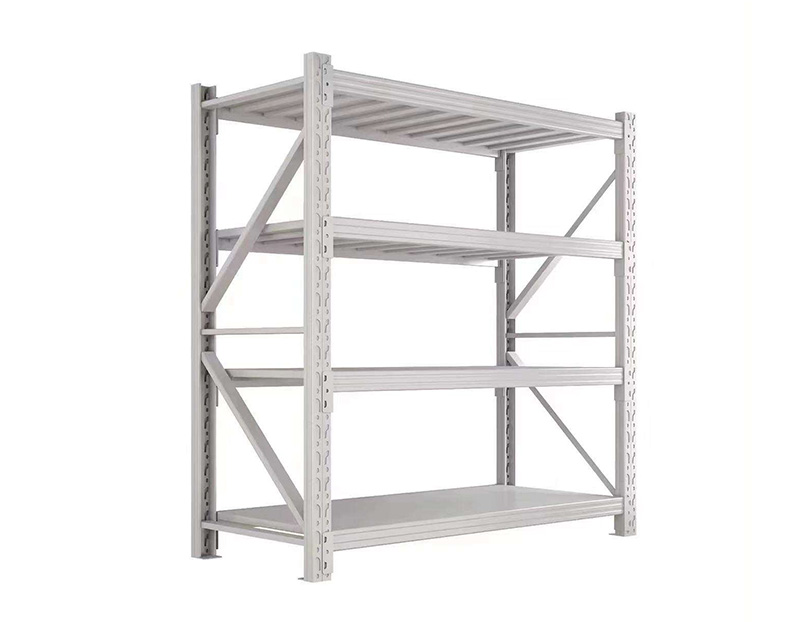 Heavy Duty shelf: Ultimate Guide for Industrial warehouse (e
Heavy Duty shelf: Ultimate Guide for Industrial warehouse (e
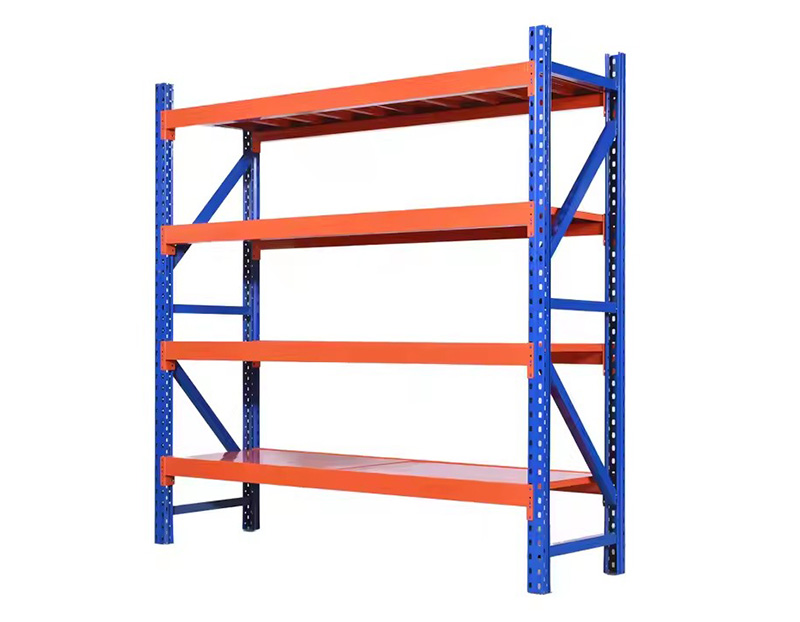 Tendencias en equipos de almacenamiento inteligentes que tra
Tendencias en equipos de almacenamiento inteligentes que tra
